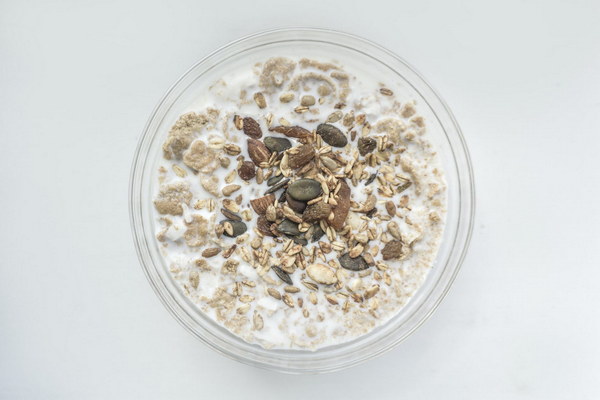Peppermint A Natural Remedy for Gastric Health and AntiInflammatory Benefits
In the world of natural remedies, few herbs have garnered as much attention as peppermint. Known for its refreshing aroma and delightful taste, peppermint is not just a staple in culinary dishes; it is also a powerhouse of health benefits. One of the most notable of these benefits is its capacity to nourish the stomach and provide anti-inflammatory effects. Let's delve into how peppermint can be a natural ally for gastric health.
Understanding Peppermint's Properties
Peppermint, or Mentha × piperita, is a hybrid mint plant derived from the crossbreeding of watermint and spearmint. It is characterized by its characteristic bright green leaves and purple stems. The essential oil extracted from peppermint leaves contains menthol, which is the primary active ingredient responsible for its therapeutic properties.
Nourishing the Stomach
One of the most significant benefits of peppermint is its ability to support stomach health. Here's how it does it:
1. Relief from Gastric Discomfort: Peppermint is renowned for its calming effect on the digestive system. It can help alleviate symptoms of indigestion, bloating, and gas, making it a favorite among those suffering from irritable bowel syndrome (IBS).
2. Increased Saliva Production: Peppermint stimulates saliva production, which is crucial for the digestive process. Saliva helps to break down food and prepare it for the digestive enzymes in the stomach.
3. Stimulating Bile Flow: Peppermint also stimulates bile production, which is essential for the digestion and absorption of fats. Adequate bile flow ensures that nutrients are properly absorbed and waste is eliminated.
Anti-Inflammatory Effects
Peppermint's anti-inflammatory properties are another reason it is beneficial for gastric health:
1. Reduction of Inflammation: Chronic inflammation in the stomach can lead to conditions like gastritis and ulcers. Peppermint's anti-inflammatory effects can help reduce this inflammation and promote healing.
2. Prevention of Ulcers: By reducing inflammation, peppermint can also help prevent the formation of stomach ulcers, which are often caused by a combination of bacterial infection and inflammation.
3. Management of Gastroesophageal Reflux Disease (GERD): Peppermint is also known to help manage GERD, a condition where stomach acid flows back into the esophagus. Its relaxing effect on the lower esophageal sphincter can prevent acid reflux.
How to Incorporate Peppermint into Your Diet

There are several ways to incorporate peppermint into your daily routine for optimal health benefits:
1. Peppermint Tea: Brew a cup of peppermint tea to soothe your stomach and enjoy its calming properties. It's best to drink it after meals to aid digestion.
2. Peppermint Oil: Peppermint oil can be taken internally in small doses (usually 0.2 to 0.4 milliliters) to support digestive health. However, it is important to consult with a healthcare professional before starting any new supplement.
3. Peppermint Leaves: Fresh peppermint leaves can be added to salads, smoothies, or teas for a burst of flavor and health benefits.
4. Peppermint Gum or Mints: Chewing peppermint gum or using peppermint mints can help stimulate saliva production and aid in digestion.
Conclusion
Peppermint is a versatile herb with numerous health benefits, particularly for the stomach. Its ability to nourish the digestive system and provide anti-inflammatory effects makes it a valuable addition to any wellness routine. Whether you enjoy it in tea, oil, or fresh leaves, peppermint is a natural remedy worth exploring for a healthier gut. Always remember to consult with a healthcare provider before making significant changes to your diet or health regimen.









